Description
Mama, si tu ne peux pas garder de souliers ce n’est pas la peine d’avoir fait fortune by Hermann Paul printed on a T-Shirt
About the T-Shirt
Regular fit
Standard length, the fabric easily gives into movement
Casual wear
A classic, everyday option loved by our customers
Side-seamed
Constructed by sewing two parts together, creating a fitted look
The Unisex Staple T-Shirt feels soft and light with just the right amount of stretch. It’s comfortable and flattering for all. We can’t compliment this shirt enough–it’s one of our crowd favorites, and it’s sure to be your next favorite too!
- Solid colors are 100% Airlume combed and ring-spun cotton
- Ash color is 99% combed and ring-spun cotton, 1% polyester
- Heather colors are 52% combed and ring-spun cotton, 48% polyester
- Athletic and Black Heather are 90% combed and ring-spun cotton, 10% polyester
- Heather Prism colors are 99% combed and ring-spun cotton, 1% polyester
- Fabric weight: 4.2 oz./yd.² (142 g/m²)
- Pre-shrunk fabric
- 30 singles
- Side-seamed construction
- Tear-away label
- Shoulder-to-shoulder taping
- Blank product sourced from Nicaragua, Mexico, Honduras, or the US
Hermann Paul (1864 – 1940)
René Georges Hermann-Paul was a French artist. He was born in Paris and died in Saintes-Maries-de-la-Mer.
He was a well-known illustrator whose work appeared in numerous newspapers and periodicals. His fine art was displayed in gallery exhibitions alongside Vuillard, Matisse and Toulouse-Lautrec. Early works were noted for their satiric characterizations of the foibles of French society. His points were made with simple caricature. His illustrations relied on blotches of pure black with minimum outline to define his animated marionettes. His exhibition pieces were carried by large splashes of color and those same fine lines of black. Hermann-Paul worked in Ripolin enamel paint, watercolors, woodcuts, lithographs, drypoint engraving, oils, and ink. Recent efforts to catalog the work of Hermann-Paul reveal an artist of considerable scope.
On the eve of the First World War, he made quite an impression as part of M. Druet’s “First Group.” As noted by the Burlington Magazine for Connoisseurs, the exhibition was “chiefly remarkable for a series of paintings or drawings – it is hard to say which – by M. Hermann-Paul in a new medium which is simply ripolin.” The Great War soon intervened and Hermann-Paul would document its tragedy as well as its foibles. After the war, he underwent several stylistic changes. In his later years, he produced many works in dry point and ink depicting his beloved Camargue.

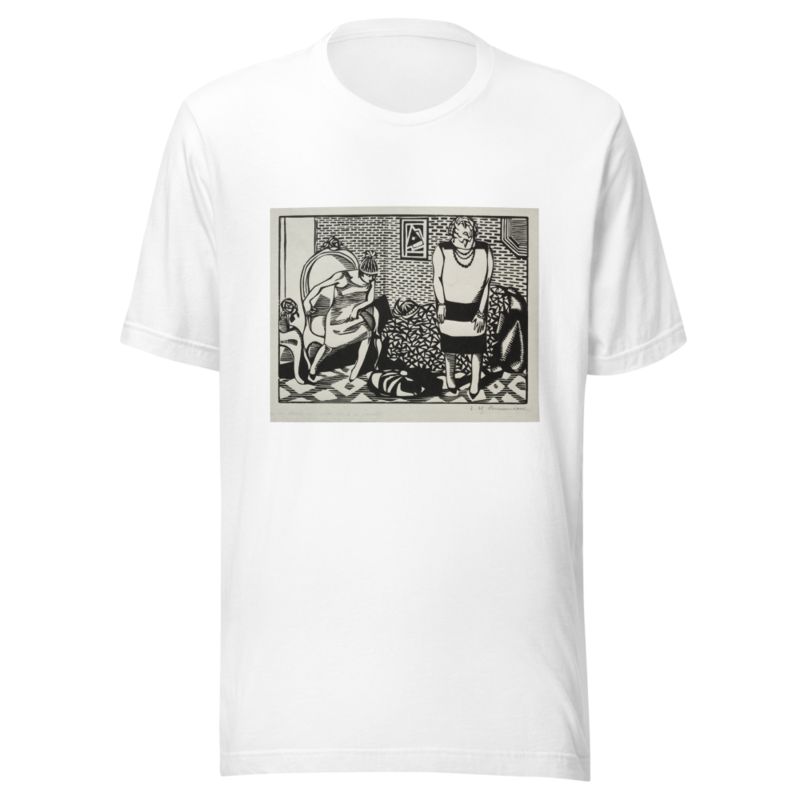
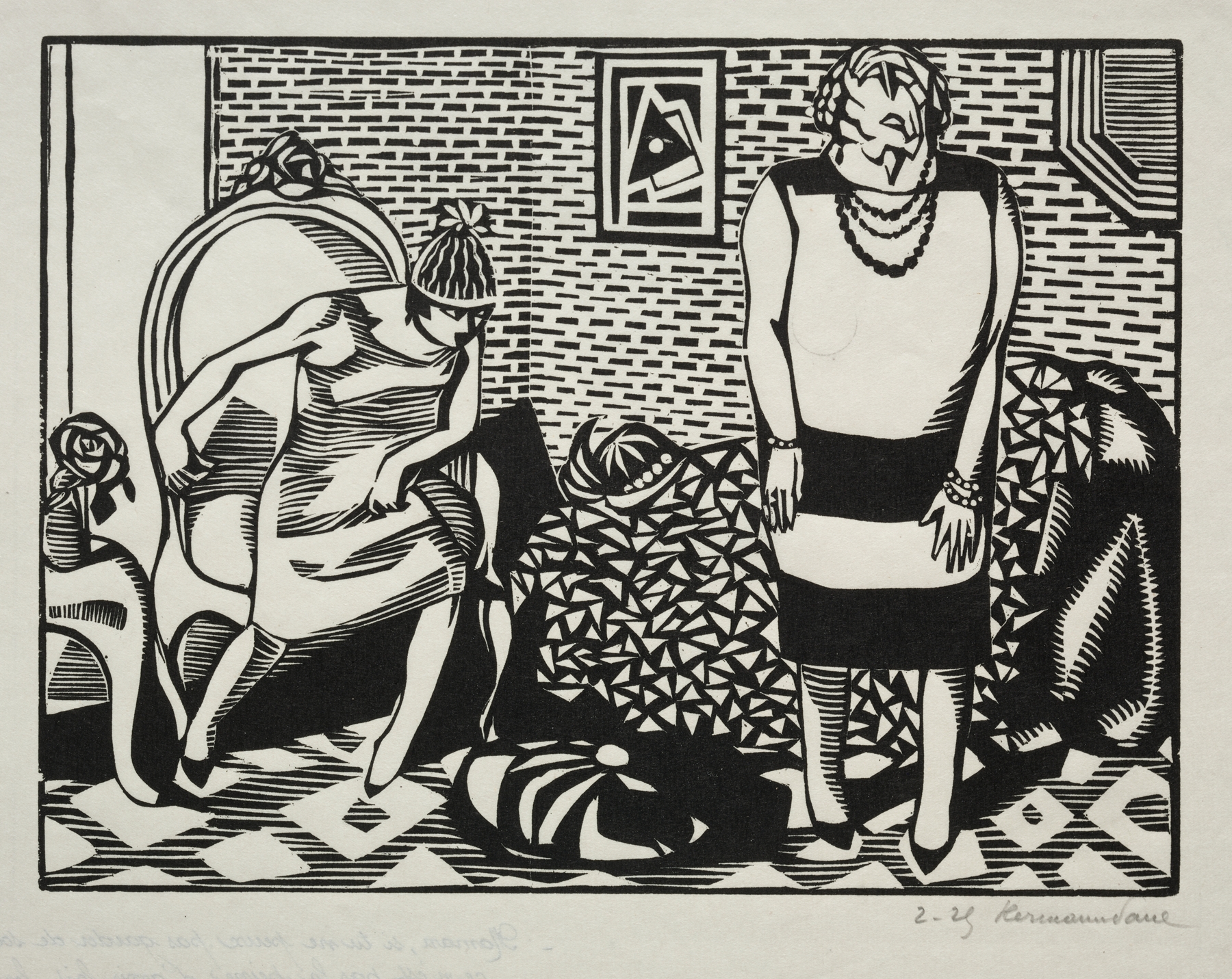
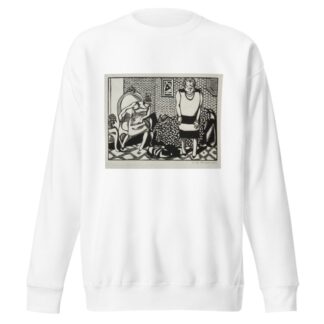
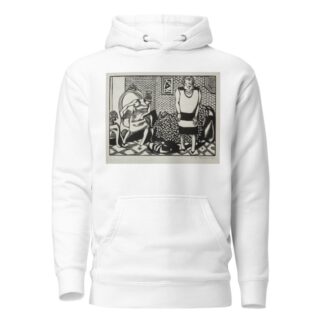
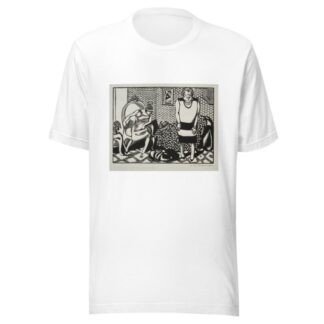
Reviews
There are no reviews yet.